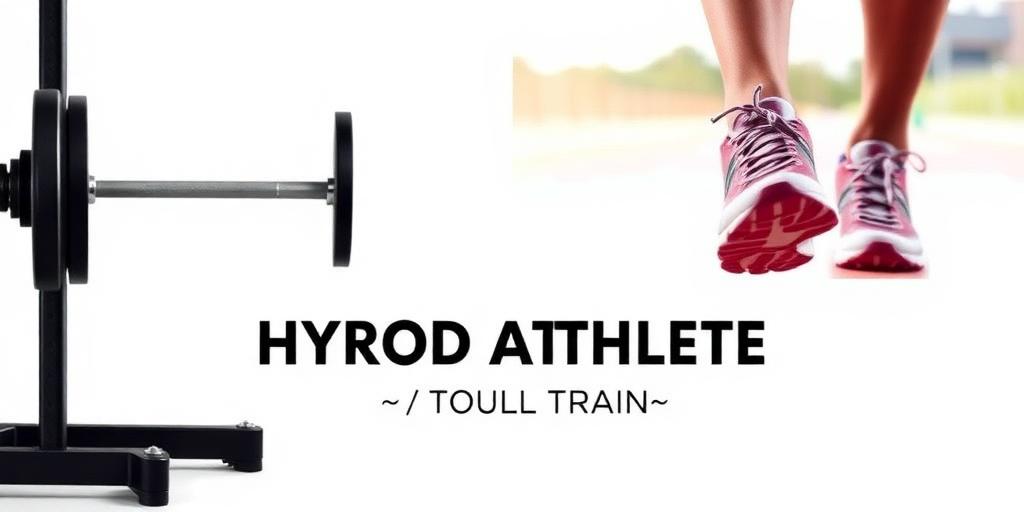Proteins for Fitness: How Much Do You Really Need?
Protein is a crucial macronutrient that plays a vital role in building and repairing tissues, producing enzymes and hormones, and supporting overall health. For fitness enthusiasts, adequate protein intake is essential for muscle growth, recovery, and performance. But how much protein do you really need to optimize your fitness goals?
Why Protein Matters for Fitness
Protein is composed of amino acids, the building blocks of muscle tissue. When you engage in physical activity, especially resistance training, your muscles undergo microscopic damage. Protein helps repair this damage and promotes muscle protein synthesis, the process of building new muscle tissue. Additionally, protein can aid in weight management by increasing satiety and boosting metabolism.
Determining Your Protein Needs
The recommended daily allowance (RDA) for protein is 0.8 grams per kilogram of body weight (0.36 grams per pound). However, this recommendation is geared towards the general population and may not be sufficient for individuals who are physically active. For fitness enthusiasts, protein needs can vary depending on factors such as activity level, training intensity, and goals.
General Guidelines:
- Endurance Athletes: 1.2-1.4 grams per kilogram of body weight (0.54-0.63 grams per pound)
- Strength Training Athletes: 1.6-2.2 grams per kilogram of body weight (0.73-1 gram per pound)
- Weight Loss: 1.2-1.5 grams per kilogram of body weight (0.54-0.68 grams per pound)
It's important to note that these are general guidelines, and individual protein needs may vary. Factors such as age, gender, and overall health status can also influence protein requirements. Consulting with a registered dietitian or sports nutritionist can help you determine the optimal protein intake for your specific needs and goals.
Best Protein Sources
To meet your protein needs, it's essential to consume a variety of protein-rich foods. Here are some excellent sources of protein:
- Animal Sources: Lean meats (chicken, turkey, beef), fish, eggs, dairy products (milk, yogurt, cheese)
- Plant Sources: Legumes (beans, lentils), tofu, tempeh, nuts, seeds, whole grains
It's also important to consider the amino acid profile of protein sources. Animal proteins are complete proteins, meaning they contain all nine essential amino acids. Plant proteins may be incomplete, lacking one or more essential amino acids. However, by combining different plant-based protein sources, you can ensure you're getting all the essential amino acids your body needs.
Tips for Optimizing Protein Intake
- Spread Protein Intake Throughout the Day: Instead of consuming a large amount of protein in one meal, aim to distribute your protein intake evenly throughout the day. This can help maximize muscle protein synthesis and promote satiety.
- Consume Protein After Workouts: Consuming protein within 1-2 hours after a workout can help repair muscle damage and promote muscle growth. A protein shake or a meal containing protein and carbohydrates can be beneficial.
- Choose High-Quality Protein Sources: Focus on consuming lean protein sources that are low in saturated fat and cholesterol. Opt for whole, unprocessed foods whenever possible.
- Stay Hydrated: Protein digestion requires water, so be sure to drink plenty of fluids throughout the day.
Potential Risks of Excessive Protein Intake
While protein is essential for fitness, consuming excessive amounts of protein can have potential risks. High protein intake may put a strain on the kidneys, especially in individuals with pre-existing kidney conditions. It can also lead to digestive issues such as bloating and constipation. Additionally, excessive protein intake may displace other important nutrients in the diet.
Conclusion
Protein is a vital nutrient for fitness enthusiasts, supporting muscle growth, recovery, and overall health. Determining your optimal protein needs depends on factors such as activity level, training intensity, and goals. By consuming a variety of protein-rich foods and optimizing your protein intake, you can maximize your fitness results and support your overall well-being. Remember to consult with a healthcare professional or registered dietitian to determine the best protein intake strategy for your individual needs.









